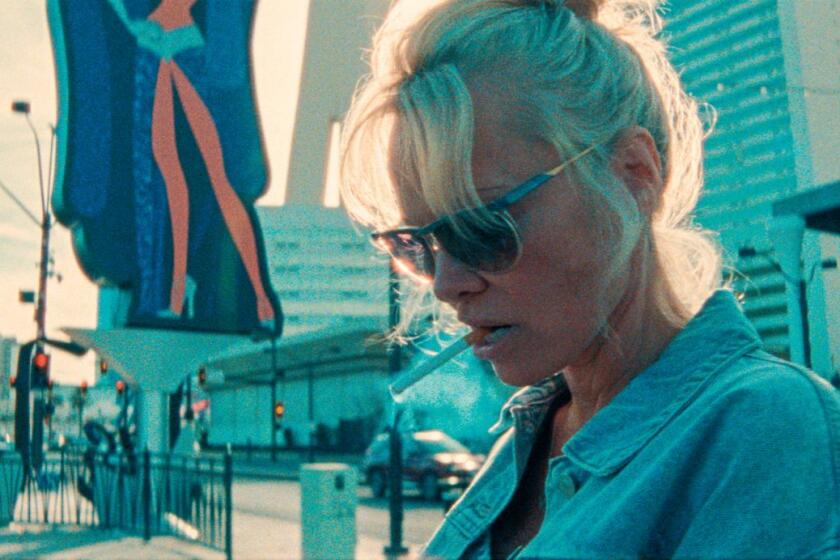A broader view of Van Peebles’ legacy
Say what you will about “Baadasssss!,” actor-director Mario Van Peebles’ dramatic re-creation of his filmmaker father Melvin’s struggle to make the seminal 1971 film “Sweet Sweetback’s Baadasssss Song,” that 2003 feature was limited in its scope. With Mario playing his father, it focused pretty much exclusively on the one film that the elder Van Peebles is best known for: a cheaply made and technically rough action flick whose unexpectedly resonant message of black empowerment, in its story of a black anti-hero sticking it to “The Man,” kicked open the door for the so-called blaxploitation films of the ‘70s.
Those looking for a broader perspective on the life and work of Melvin Van Peebles -- as well as for a more nuanced examination of his influence on popular culture -- need look no further than “How to Eat Your Watermelon in White Company (and Enjoy It),” a 2005 documentary out on DVD on Tuesday (Image Entertainment; $19.99). Van Peebles was both polymath and provocateur; the title comes from a rejected magazine article he once wrote.
Yet his biggest claim to fame is “Sweetback,” which made being a revolutionary hip, as son Mario notes. (The younger Van Peebles is just one of several subjects director Joe Angio talks with, along with film critic Elvis Mitchell, filmmaker Spike Lee, spoken-word artist Gil Scott-Heron and others.) But if the film, which has often been called the most successful independent film of its day, was a cultural watershed, its legacy is more complicated. As “Watermelon” points out, such movies as the 1972 “Super Fly” made being a drug dealer hip. Big difference, says Mario, adding that some of the films that followed in the wake of his father’s triumph stereotype-busting did a great deal of damage to black culture.
The documentary begins with the elder Van Peebles’ childhood on the South Side of Chicago and ends with some of the 74-year-old’s more recent exploits.
Referred to by several of the film’s interviewees as “bullheaded” and “indomitable” -- and, given the evidence in this fascinating film about a fascinating artist, those seem like understatements -- Van Peebles himself explains that, despite his reputation for irascibility, his approach to life has always been fairly simple.
He just looked at the world around him, he says, and if he didn’t find what he was looking for -- whether in art, journalism, literature, film, theater, music or commerce -- he just made it up.
More to Read
Only good movies
Get the Indie Focus newsletter, Mark Olsen's weekly guide to the world of cinema.
You may occasionally receive promotional content from the Los Angeles Times.






